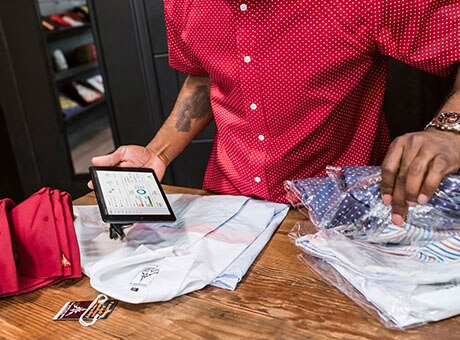Free Zone vs Mainland: Visa Options and Restrictions
Your visa options differ between mainland Dubai and free zones which you should carefully consider before making a decision.
In the free zones, businesses can benefit from a simplified visa procedure. There are five visa types to choose from, including:
- Investor Visa
- Employment Visa
- Partner/ Investor Visa
- Student Visit Visa
- Dependent Visa
If you want to set up a business, you will need to apply for an investor visa. To sponsor employees to work for you, you will need an employment visa. Your visa will be valid for two years.
In the company Dubai free zone, your visa will typically take 10 to 15 working days, and the application process can be done online. Some free zones offer packages that will include your visa within the fee.
Getting a mainland visa will take longer and is a more laborious process. However, it allows you to work in Dubai and the broader UAE, making it a more attractive option for some. Similarly to the free zones, there are five relevant visas for entrepreneurs and employees.
In the free zones, the cheapest visa costs just AED 2500, whereas in the mainland, you can expect to pay at least AED 7000.


